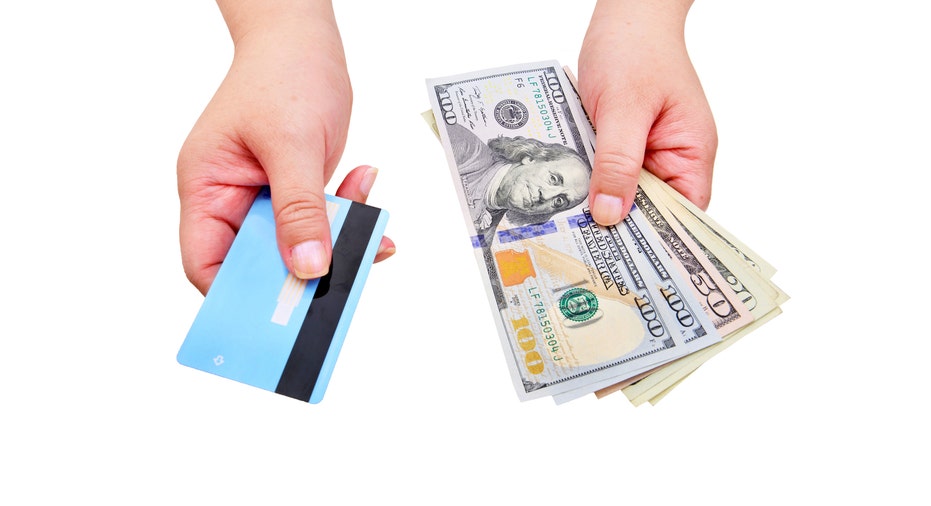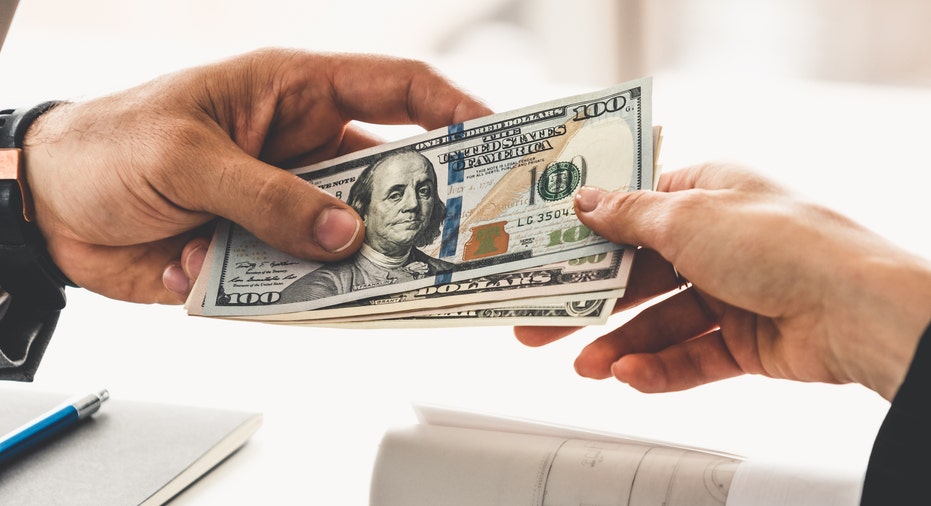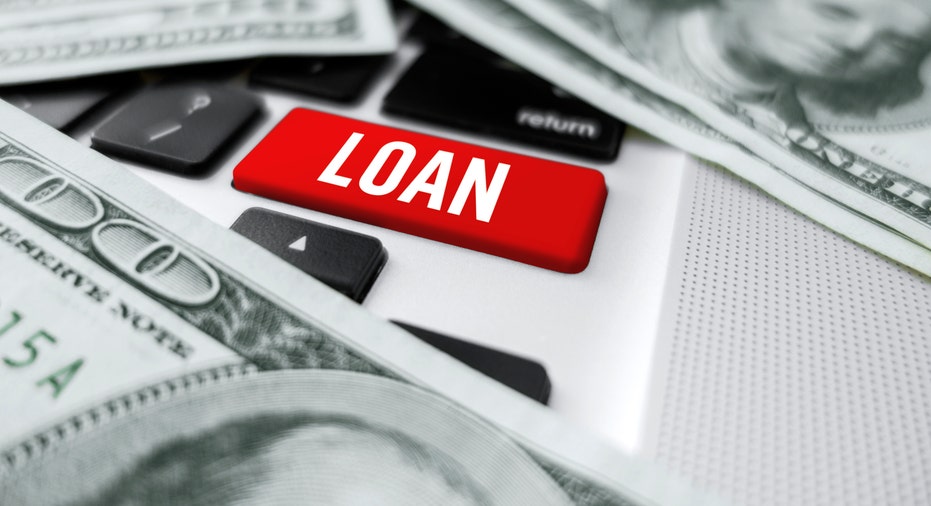
Those with high amounts of credit debt might want to start thinking about unsecured loans for debt consolidation reduction. According to newly-released Fed data, the spread between your average credit card and private loan interest rates is between six and 7 points. With numbers like those, using a personal bank loan to consolidate debt can save you a decent amount of cash while also helping to raise your credit score. Read on to learn more.
Is it worth consolidating credit card debt?
The data from the Fed implies that, in the first 3 months of 2022, borrowers who had credit card debt were charged an average interest rate of 16.61 percent. Meanwhile, those who used a personalized loan to consolidate debt were only charged interest for a price of 9.63 percent, that is considerably lower.
At a positive change of 6.98 percent, it•s actually the biggest spread between credit card and personal loan interest rates since the Fed began tracking this data in 1998.
With loan rates being that reduced, if you were to use a personal bank loan for debt consolidation, you would likely save on interest, which would both lower the quantity that you simply end up paying with time and enable you to pay down the money you owe faster. If you'd like to get a sense of what personalized loan options are open to you, you can visit PayPasser to check rates and lenders.
Just bear in mind the precise interest rate you•re given will depend on the more knowledge about your financial situation.
How consolidating debt with a personal loan may improve your credit rating score
Beyond helping you to reduce your debts, utilizing a personal bank loan for debt consolidation reduction could also ultimately help to boost your credit score. It will so within the following ways:
It cuts down on the amount of debt you owe
First, as stated above, using a personal loan for debt consolidation reduction can help lower the total amount of debt that you owe by reduction of the total amount that you•ll pay in interest fees. So long as you don•t then keep making use of your credit cards to create new debt, you•ll actually owe less money overall.
For example, if you have $5,000 in credit debt, for a price of 16.61 percent, you would pay $1,877 price of interest if you repaid your financial troubles during a period of 48 months. At a rate of 9.63 percent, you'd pay only $1,044 in interest over the same period.
It lowers your credit utilization ratio
The other place that this will impact is your credit usage. Around 30 percent of your credit score is dependant on what•s known as your utilization ratio, or the amount of credit you•ve used compared to the amount of credit that you have available. Whenever your existing debt is moved from your credit cards to the personal bank loan, it'll free up your available credit and improve your utilization ratio.
Find out what kind of rates you be eligible for a together with your current credit score.
It improves your credit mix
The last 10 percent of your credit score is impacted by what•s known as your “credit mix”, or the various accounts which are on the borrower•s credit report. If you take out an unsecured loan, you•re effectively adding a brand new installment loan to your credit report and improving your credit mix.
The personal loan terms to consider
As with any loan, if you•ve decided to consolidate your debt having a personal loan, it•s important to be sure you look around to find the best rates. Visiting PayPasser will give you use of the best rates available.
However, when you•re looking around, you•ll desire to be sure to compare the following terms to make sure you•re getting the best deal:
- Loan term: The borrowed funds term lets you know just how long it will require to repay the borrowed funds. Typically, you'll want to pick a loan term that permits you to possess a feasible payment per month. While a longer loan term generally comes with a lower monthly payment, it typically also means paying more in interest fees over time.
- Annual percentage rate (APR): The APR on a loan is a measure which includes both the interest rate and costs. Often, you'll have a truer picture of how much you will pay over the life of the borrowed funds than looking at the interest rate alone.
- Collateral: Most unsecured loans are unsecured, however, you may be able to secure a far more favorable rate of interest if you choose a loan that's secured by collateral.
- Monthly payment: Ultimately, you will want to go with a personal bank loan which has a monthly payment that fits well to your existing budget.








